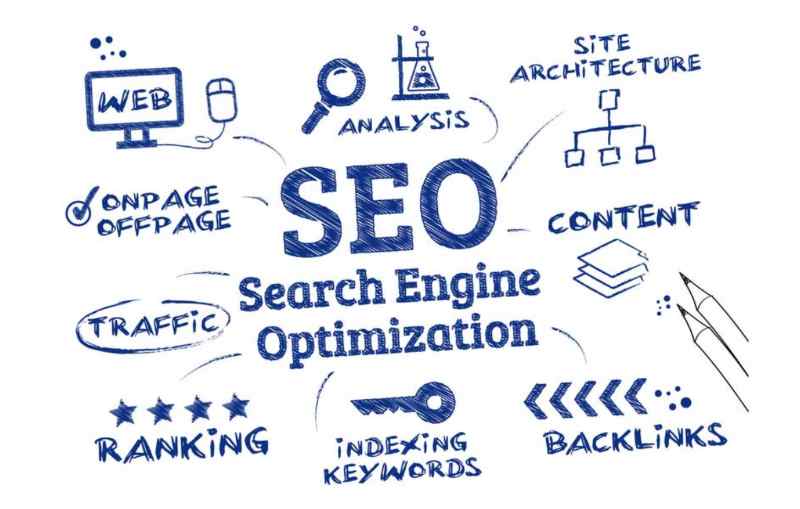When you’re digging into the world of digital marketing, you’ll see multiple terms that seem like they’re referring to the same target, such as social media marketing and SEO. While both of these terms are ways you can gain traffic to market your content, the reality is they aren’t going to get you to the same outcomes.
Social media is an excellent way to connect to your followers and build trust through relationships in your extended network. It’s best for businesses who are looking to create engagement. But SEO, short for search engine optimization, uses techniques through experts like backlink builders to gain traffic through search engine ranking.
In a nutshell, social media works for people who know you exist, and SEO is the technique that helps them find you. While there are interconnected factors that blend the two, trying to do each one separately as all of your marketing strategy rarely works. Here, we’ll compare three primary parts of SEO and social media to help you understand which one (or both) is necessary for your business’s next steps.
1. Understanding the Audience
The obvious way to differentiate between SEO and social media is to put yourself in the shoes of your target customer. When you go on a search engine, what are you trying to do? Chances are, you’re looking for a product or business with the intention of learning more about it and possibly ordering. But when you go to your social media platform, you’re likely going to socialize and engage with people and businesses you already know.
SEO searchers are frequently in a hurry to find their answers. They want to-the-point results and information. Social media users, on the other hand, are more relaxed or bored and don’t have a particular goal in mind. You need to grab their attention with interesting topics or reels.
2. Choosing Keywords and Phrases
Although all keywords and phrases will help you to a point, the type you use depends on the technique you’re focusing on. Social media followers rarely use detailed searches to find what they’re looking for. They might input a search for keto meal recipes or the latest news on their favorite celebrity.
However, search engine questions tend to be more specific, answering questions for the searcher like “What kind of plants are toxic to cats?”
3. Picking the Right Format for Engagement
Let’s be real with our audiences. When they go on social media, the average person doesn’t want to read a lot of text. They scroll through until they find a word or image that grabs their attention, and then they skim the words around it for more meaning. But if there are too many words, they keep scrolling.
For that reason, formates like blogs, e-books, guides, and other text-heavy information are best used on your website, where your SEO practices will bring in traffic from those interested in the topic. Things like podcast links, videos, memes, and visual or audio formatted posts are best for social media.
Those three categories break down the most significant similarities and differences between SEO and social media. From there, you can get more in-depth by comparing how to approach paid ad campaigns, influencers, conversion rates, and other, more detailed aspects. However, as a beginner in the digital marketing landscape, your new knowledge will guide you as you determine your next strategies to grow your business.
